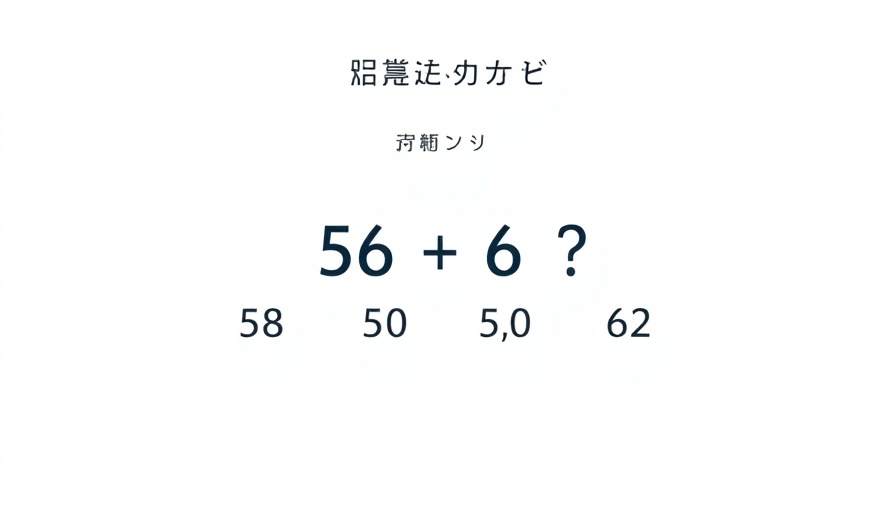
Revolutionizing MCI Screening: Eye Tracking Technology Emerges
The healthcare landscape for screening mild cognitive impairment (MCI) is on the precipice of transformational change, thanks to breakthroughs in eye tracking technology. Traditional tools like the Montreal Cognitive Assessment (MoCA) have long been the gold standard; however, their 15-minute evaluation process poses a significant limitation, especially in resource-constrained medical facilities. More critically, early detection of MCI is pivotal, as it serves as a precursor stage to dementia, with studies indicating a 10-20% annual progression to full-blown Alzheimer’s disease (AD). Recognizing MCI early presents a unique opportunity for preventive strategies that could alter one's course of cognitive decline, making efficient screening methods essential.
Eye Tracking Insights: The Virtual Reality Revolution
Innovative research led by the Niigata University team has now introduced the Virtual Reality-Based Cognitive Function Examination (VR-E), which utilizes eye tracking to assess cognitive faculties such as memory, judgment, spatial cognition, calculations, and language skills. With a substantial study involving 143 participants, the VR-E exhibited significant distinguishing features between control groups and those diagnosed with MCI or AD. Remarkably, the VR-E demonstrated a high area under the curve (AUC) value, suggesting it matches the diagnostic accuracy of MoCA-J. The correlation coefficients between the MMSE, MoCA-J, and VR-E scores underline the efficacy of this new measure. Can harnessing eye tracking in virtual environments enhance diagnostic preciseness?
Practical Insights: How Eye Tracking Could Aid Early Detection
This leap in cognitive testing provides practical insights into early detection methodologies, vital for managing aging-related cognitive decline. Eye tracking, pivotal in VR ecosystems, allows for a nuanced evaluation of cognitive functions through a less intrusive medium. This efficiency not only saves time but can also ease patient anxiety, creating a more conducive environment for assessment. Moreover, engaging participants in familiar, game-like environments could yield more accurate responses than traditional pen-and-paper assessments. Therefore, the immediacy of the VR-E can facilitate prompt diagnosis and timely intervention strategies for those at risk.
Implications on Aging and Telomere Research
The implications of this innovative screening method extend beyond just cognitive testing. The intersection of MCI screening and telomere research is a burgeoning field of study. Telomeres, the protective caps on the ends of chromosomes, have garnered significant attention for their role in cellular aging and DNA repair processes. Research indicates that shorter telomeres are associated with a higher risk of neurodegenerative diseases, including AD. Advancements in cognitive assessment techniques, like VR-E, may thus be coupled with surveillance of biological markers like telomere length. This convergence could provide a holistic approach towards enhancing cognitive longevity through targeted interventions.
Looking Ahead: Opportunities for Preventive Health
As healthcare technology progresses, future initiatives must harness the potential of eye tracking in cognitive assessments. The preventive health domain stands to benefit immensely from these advancements through more extensive, community-based screening where risks can be flagged before they elevate. Greater emphasis can be placed on dietary practices and lifestyle modifications, including telomere supplementation, aimed at enhancing cellular health alongside newly discovered cognitive scales. In aligning these strategies with emerging insights into DNA health and aging, individuals may find themselves empowered in their journey towards cognitive longevity.
Conclusion: Embracing the Future of Cognitive Evaluations
In conclusion, the advent of eye tracking-based methods, as demonstrated in the VR-E study, carries with it the momentum for a new era in cognitive health screening. By blending cutting-edge technology with the imperative of early MCI detection, we pave the way for innovative healthcare solutions. For health-conscious professionals and enthusiasts, staying informed about advancements like these can enhance vitality and safeguard cognitive well-being in a rapidly aging society.
Join the movement toward better cognitive health! Explore research-backed insights and preventative actions today.
 Add Row
Add Row  Add
Add 




Write A Comment